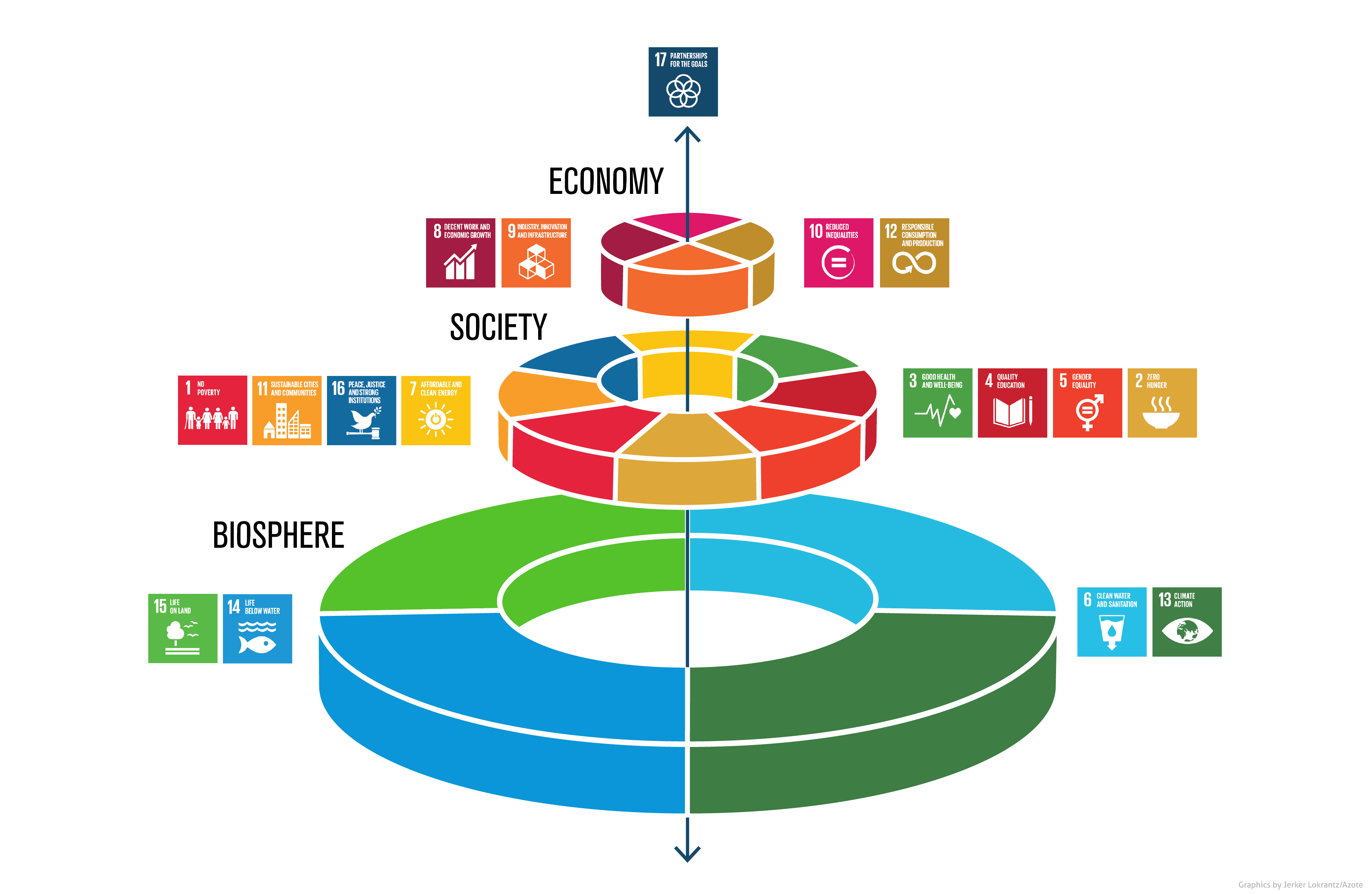The WWF is run at a local level by the following offices...
- WWF Global
- Adria
- Argentina
- Armenia
- AsiaPacific
- Australia
- Austria
- Azerbaijan
- Belgium
- Bhutan
- Bolivia
- Borneo
- Brazil
- Bulgaria
- Cambodia
- Cameroon
- Canada
- Caucasus
- Central African Republic
- Central America
- Central Asia
- Chile
- China
- Colombia
- Croatia
- Democratic Republic of the Congo
- Denmark
- Ecuador
- European Policy Office
- Finland
That’s why we partner with governments, businesses and communities for a better world.
"Strong and open civic space is the catalyst that can unlock creativity, innovation, well-being and prosperity for all."
Delfin Ganapin, WWF Governance Practice Leader
Addressing global challenges like poverty, inequality, climate change and nature loss, the SDGs have inspired new thinking about how business, government and civil society – including organisations like WWF – can collaborate.
Bringing the social, environmental and economic dimensions of development together in a single agenda, they show that a just, secure and sustainable world can only exist if both people and nature thrive.
It is now up to all of us to work together to create a better future.

© Stockholm Resilience Centre
A healthy planet is fundamental for our well-being and prosperity.
Find out more about how nature contributes to every SDG in our Nature in All Goals briefing.
In India, we’re working with the state of Uttar Pradesh to implement a road map for integration of SDGs at the district level.
In DRC, we’re working with the Ministry of Rural Development, and have developed a monitoring tool for communities and indigenous peoples to monitor progress on SDGs.
In Kenya, we’re participating in the SDG Kenya Forum, working with four counties to integrate the SDGs into county plans and engaging local communities.
Find out more about our work on SDGs.
null
Protecting nature and civic space will unlock prosperity
We will only succeed in protecting and restoring nature by empowering people, and we can only empower people by protecting core civic freedoms and harnessing and investing in nature in ways that deliver truly equitable societies.
Opinion by Delfin Ganapin, Leader, WWF Governance Practice and Marion A. Osieyo, WWF SDG Hub Manage. Read more on WWF Medium here.
In particular, GDP is a poor measure of sustainability because it doesn’t account for harm to the environment.
Money and effort spent on clearing up an oil spill, for example, all count toward overall growth in GDP even though the benefits of such activity are questionable.
Together with a number of partners, we’re exploring new indicators of progress that go beyond GDP and measure what really matters.
